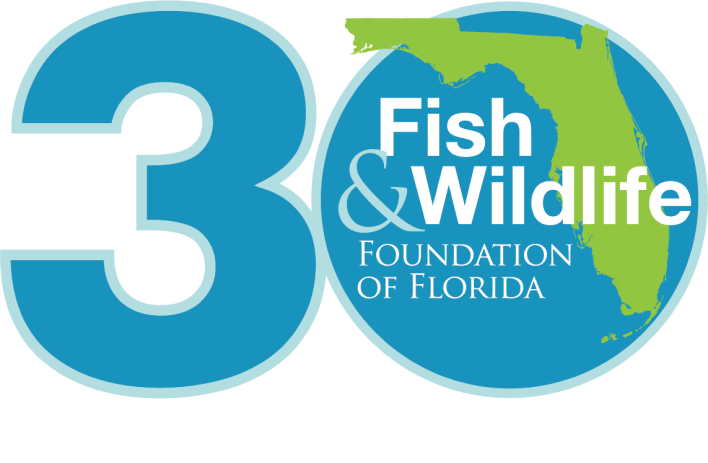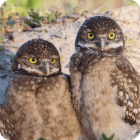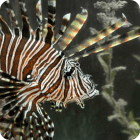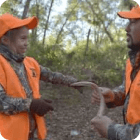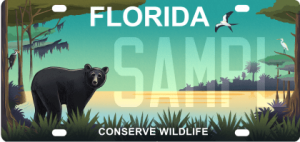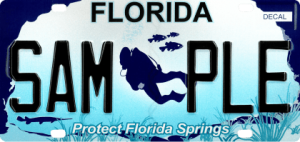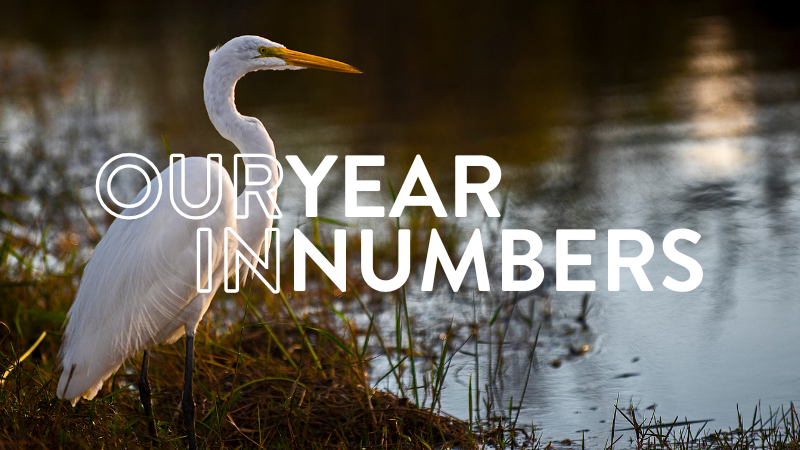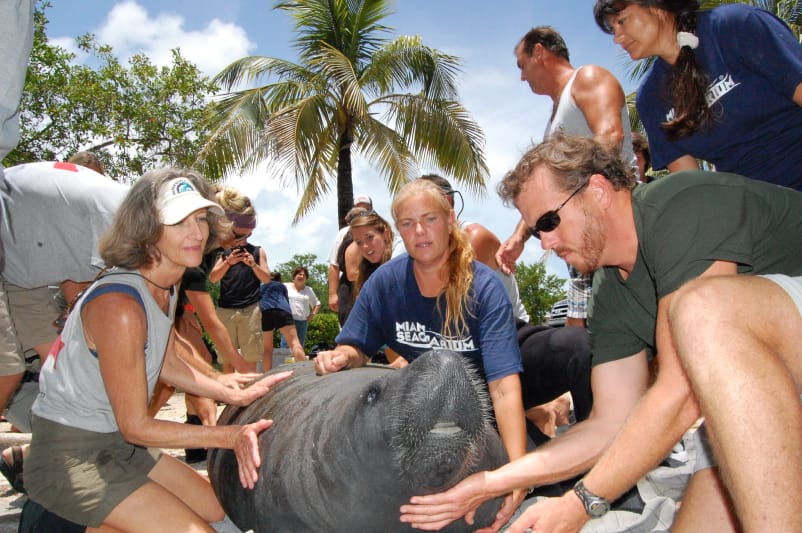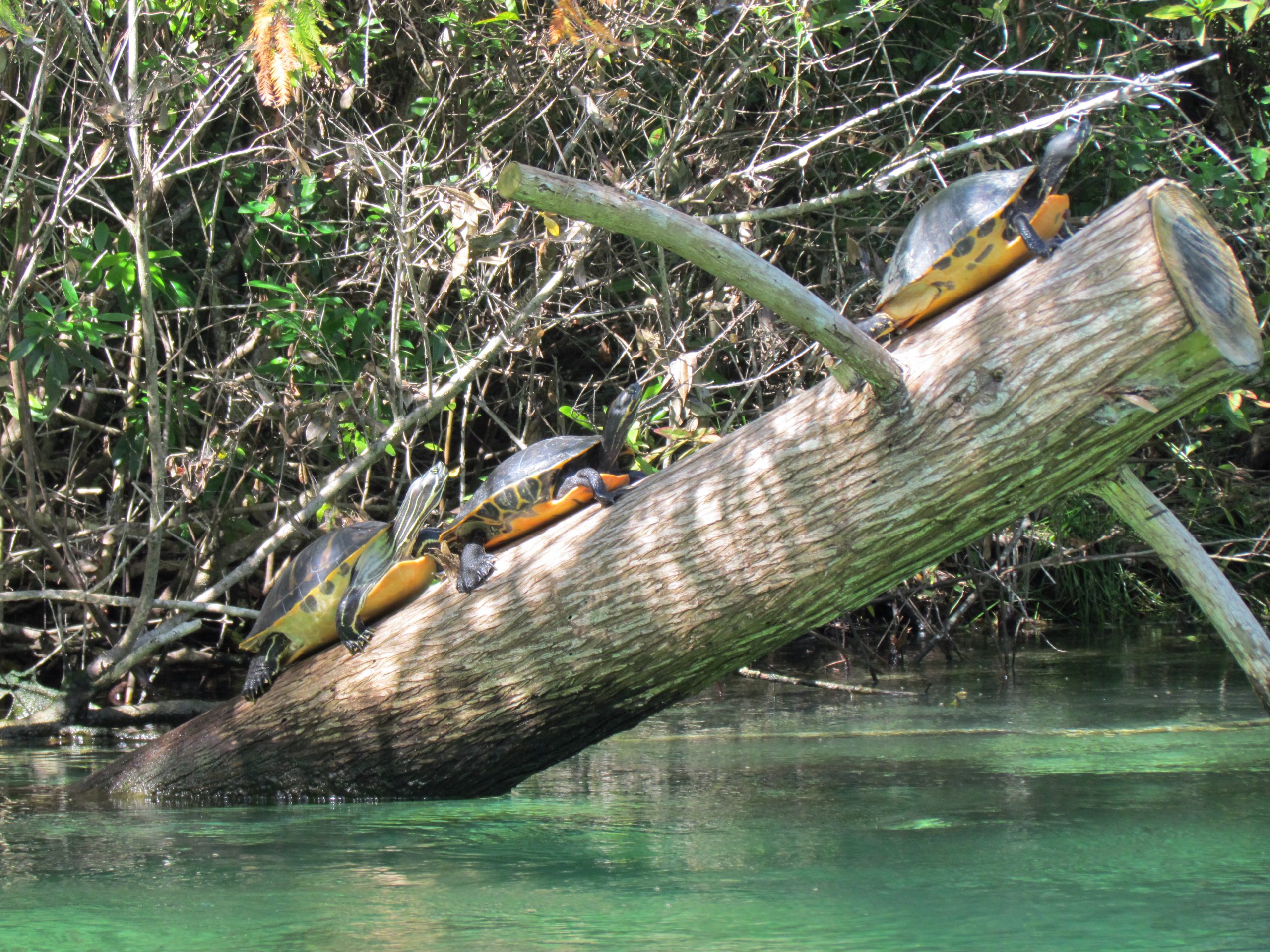
Tallahassee, FL (September 9, 2020) – Turtles travel. A lot. That’s the conclusion of a new Jacksonville University study of the habitat needs of two of Florida’s most understudied turtles, Florida red-bellied cooter (Pseudemys nelson) and peninsula cooter (Pseudemys floridana peninsularis). Researchers tracked the habitat use of Wekiwa Springs by the turtles for approximately a year to reach these findings, thanks to a $9,000 grant from the nonprofit Fish & Wildlife Foundation of Florida.
Little was previously known about the movements of these two species, particularly around springs. Researchers at Jacksonville University filled this knowledge gap by outfitting 48 turtles with radio transmitters, a first for the species. Tagged turtles were monitored and tracked for a full year by boat over 30 miles of water throughout Wekiwa Springs State Park. Scientists then analyzed the turtles’ movement patterns to better understand their natural behaviors and habitat usage.
Results indicated that the turtles were not afraid to travel; they ranged a minimum of 1.8 miles throughout the year. Interestingly, female turtles traveled the farthest in total, with one female logging nearly 22 miles during the year, but males made more frequent trips and the longest individual trips. Both cooter species followed this pattern. “People don’t usually think of turtles as having extensive natural ranges, but this study reaffirms that some species do,” said Dr. John Enz, professor of biology and marine science. “This needs to be considered when protecting springs as natural ecosystems – their wildlife is intimately connected to the streams and rivers in the greater area.” Dr. Enz and Tabatha Hootman, who gathered data for the project, are hopeful that their work will inspire other freshwater turtle studies.
Funds for the grant came from the Foundation’s Protect Florida Springs license plate, which contains the image of a scuba diver. Twenty-five dollars from each purchased plate supports conservation of Florida’s unique springs.
“Advances in tracking technology are allowing us to gain important new insights on the biology and habitat requirements for many species of wildlife,” said Foundation president and CEO Andrew Walker. “We are excited to see how others can build on it to protect important Florida species like the Florida red-bellied and peninsula cooters.”
